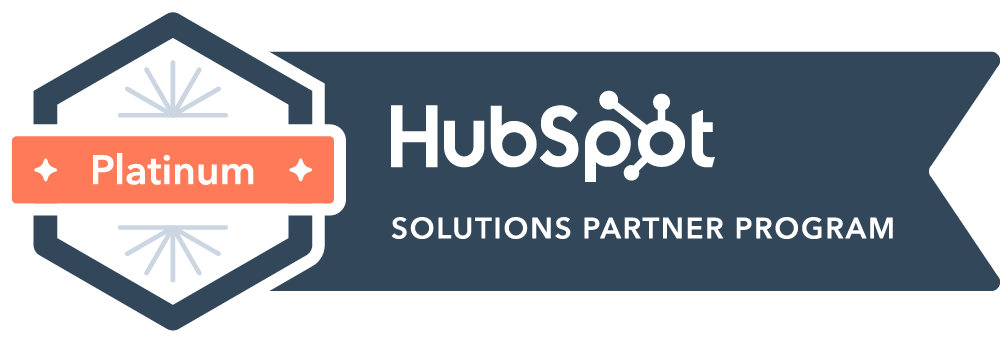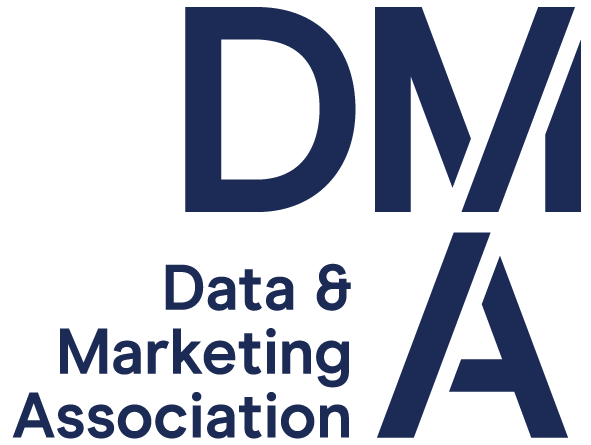If done right, telemarketing is a great way to provide an interactive and personal sales experience to your prospects. With a good telemarketing team, like TeamAir, behind your sales activity you can create immediate rapport with your prospects and, in turn, be able to gauge their interest in your product or service.
By using an outsourced telemarketing team, these rewards are further by freeing up your internal sales team to do what they do best – making sales!
However, a telemarketing campaign is not free and before you start you want to ensure that your new team know what they’re doing. So, what should you consider before beginning a telemarketing campaign?
- Target Market
Of course, the first thing to consider when making any sale is the people you are selling to. Who are they? What kind of profile do they fit into? At Air, we sit down with our clients to analyse who their target market is, what type of industry they want us to target and what level of decision maker they want us to speak to. For us, the most important aspects are who and why. We don’t make any calls before we have created an in-depth company and prospect profile.
- The Script
We need to establish what it is you are selling and what we are going to be pitching. From Fintechs to Soft Drinks Companies, we have worked with a variety of businesses and so we understand the importance of a perfectly tailored script. When TeamAir are dialling, they will know your offering, its USPs, why a company should use you and not your competitor and how they should engage with a prospect. Engagement is key, so we establish the best route to success by implementing a two-way, consultative, permission-based conversation.
- Data
Strong data is key to strong sales. Whether you have your own data, or we need to source it for you, we offer a data cleansing service to ensure that you’re hitting exactly the target market that you want to hit. If we are sourcing data for you, we want to have a clear understanding of the data profile you need, from there we look to our UK data providers. Any data that we source belongs to you, this is why we are more than happy to build relationships between our providers and our clients, this allows you to get the best out of your time working with us.
- Objections
For telemarketers, objection handling is a fact of life – it’ll never go away. However, at Air, we make sure that our diallers are as knowledgeable as possible with regards to your product and ensure that they are armed with information to handle the relevant objections that arise. We also follow the diffuse > statement > question formula. By diffusing any negative pressure, TeamAir are able to make statements which switch the focus of the conversation and ask open questions which allow it to flow once more.
- Engagement process
Once a prospect is engaged, what are you looking to do with them, book a phone call or a face to face appointment? But more importantly, what does is take to qualify a lead? These questions are at the forefront of our campaign strategy as is it essential that we know your end goal. If booking appointments is something you would like us to help with then we ask for access to your calendars, this allows us to efficiently provide you with any details which you’ll need to know for appointments booked for you. With regards to lead qualification, that’s all down to you, you set the criteria and we follow, making sure to engage with the prospects who matter to you.
If you feel that your sales team could benefit from the support of an expert outsourced telemarketing team, then get in touch today – TeamAir are always on hand to help. Call: 0345 2413038 or email: contact@air-marketing.co.uk




